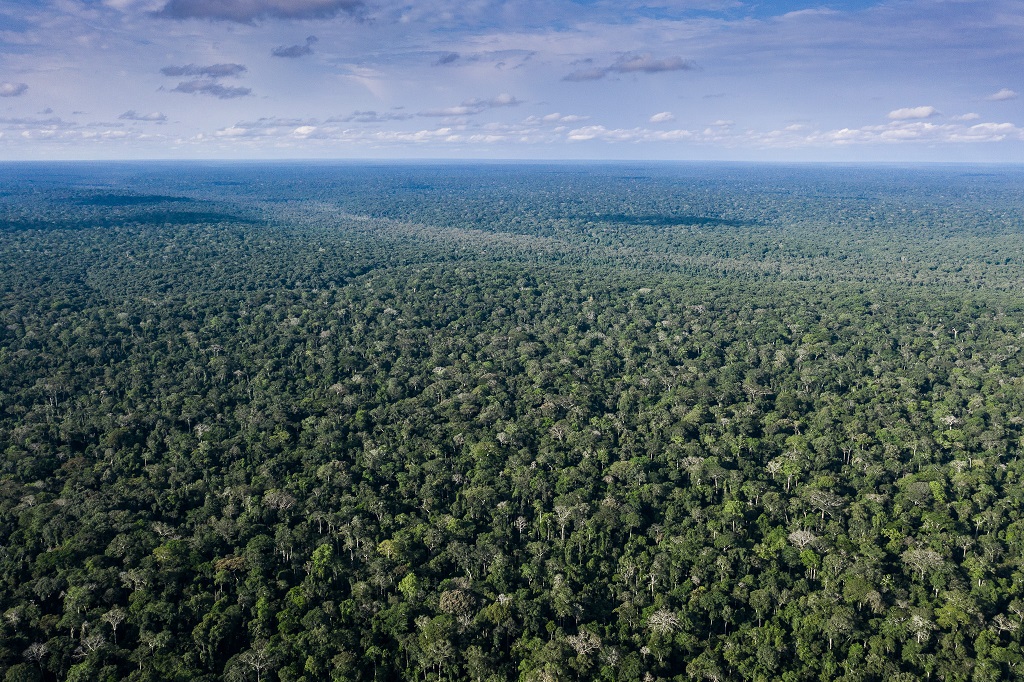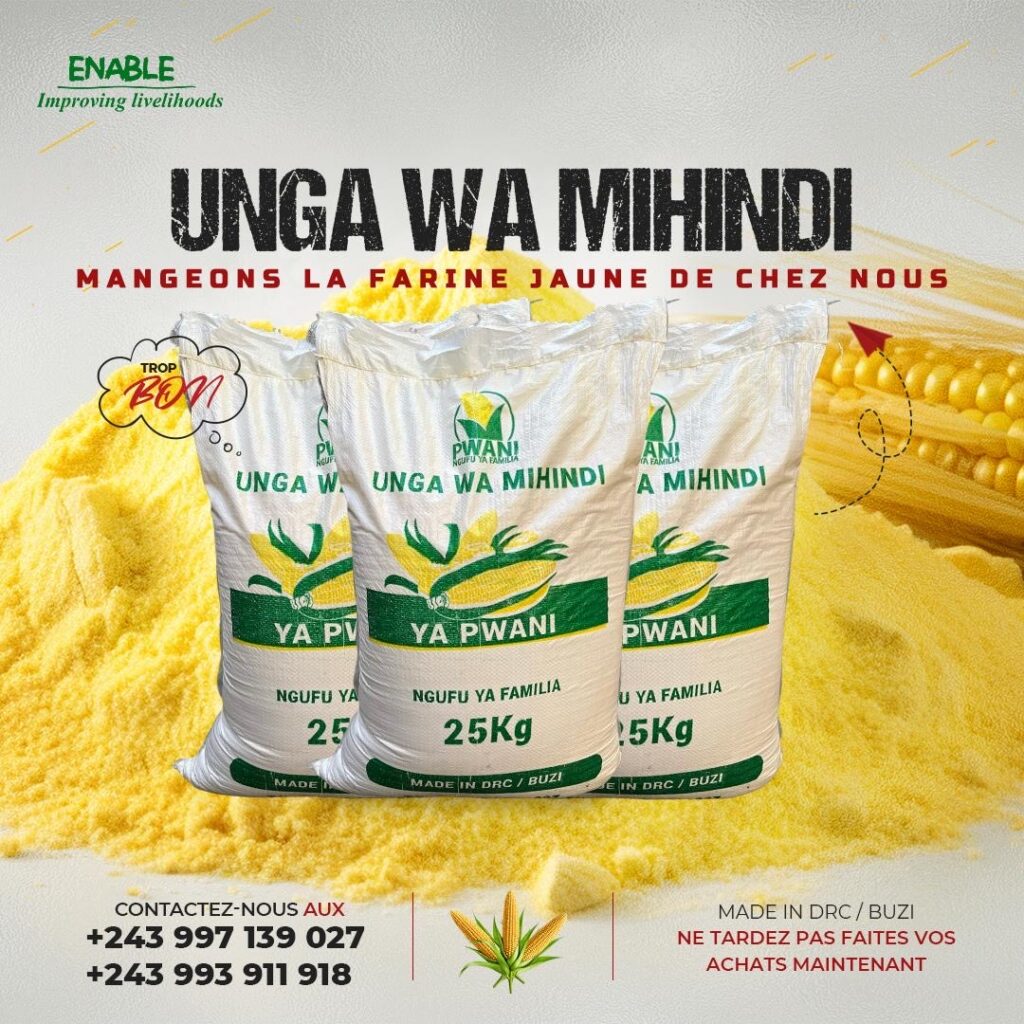Restoring the Heart of Africa: ENABLE’s Role in Reforesting the Congo Basin and Empowering Farmers
In the heart of Africa, the Congo Basin second only to the Amazon in size is undergoing a quiet but powerful transformation. The Restore Congo Basin Programme (RCBPro) is leading this charge, aiming to reverse decades of deforestation and biodiversity loss while empowering local communities. At the forefront of this movement is ENABLE, a key partner supporting smallholder farmers through reforestation and agroforestry. A Landscape in Crisis and Recovery The Congo Basin is a critical global carbon sink, absorbing more carbon than it emits. Yet, it faces mounting threats. According to the 2024 WWF Living Planet Report, wildlife populations in the region have declined by 73% over the past 50 years, jeopardizing the forest’s ability to regenerate and sequester carbon. These declines disrupt ecological balance, affecting everything from seed dispersal to forest structure. RCBPro is responding with urgency and scale. The programme is expanding across North-Kivu, Ituri, Katanga, and South-Kivu, building on successful pilots and leveraging private capital to catalyze further investment. Its goal: to restore ecosystems, sequester millions of tons of carbon, and improve the lives of millions of vulnerable farming families. ENABLE: Scaling Regenerative Solutions ENABLE’s contribution is both strategic and grassroots. In 2024–2025 alone, ENABLE produced and distributed over 20,000 Grevillea trees through its nurseries. These trees are now integrated into coffee agroforestry systems, where they: Provide shade and wind protection for coffee crops Improve soil fertility through nitrogen fixation Enhance biodiversity and microclimates Reforest previously degraded land This is part of a broader shift toward regenerative agriculture, a system that restores soil health, increases water retention, and boosts farm resilience. With climate change intensifying, regenerative practices are proving essential. They not only reduce input costs but also increase yields and long-term farm profitability. A Corridor of Hope RCBPro also aligns with the DRC government’s ambitious Green Corridor initiative, which envisions a sustainable ecological corridor stretching 540,000 km² from Eastern DRC to Kinshasa. ENABLE’s work directly contributes to this vision, helping to stitch together fragmented landscapes into thriving, biodiverse ecosystems. Looking Ahead The stakes are high, but so is the potential. With continued support, ENABLE and its partners are not just planting trees, they’re planting the seeds of a more resilient, equitable, and sustainable future for the Congo Basin and its people.


